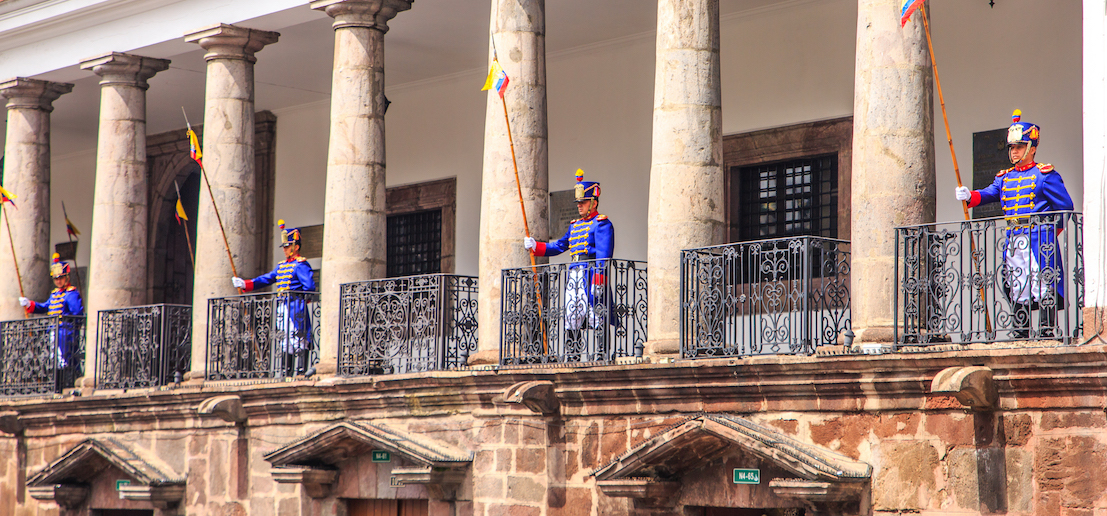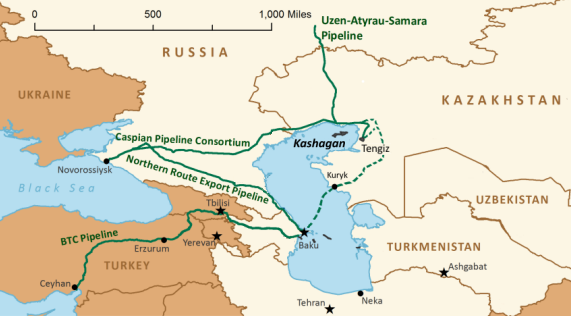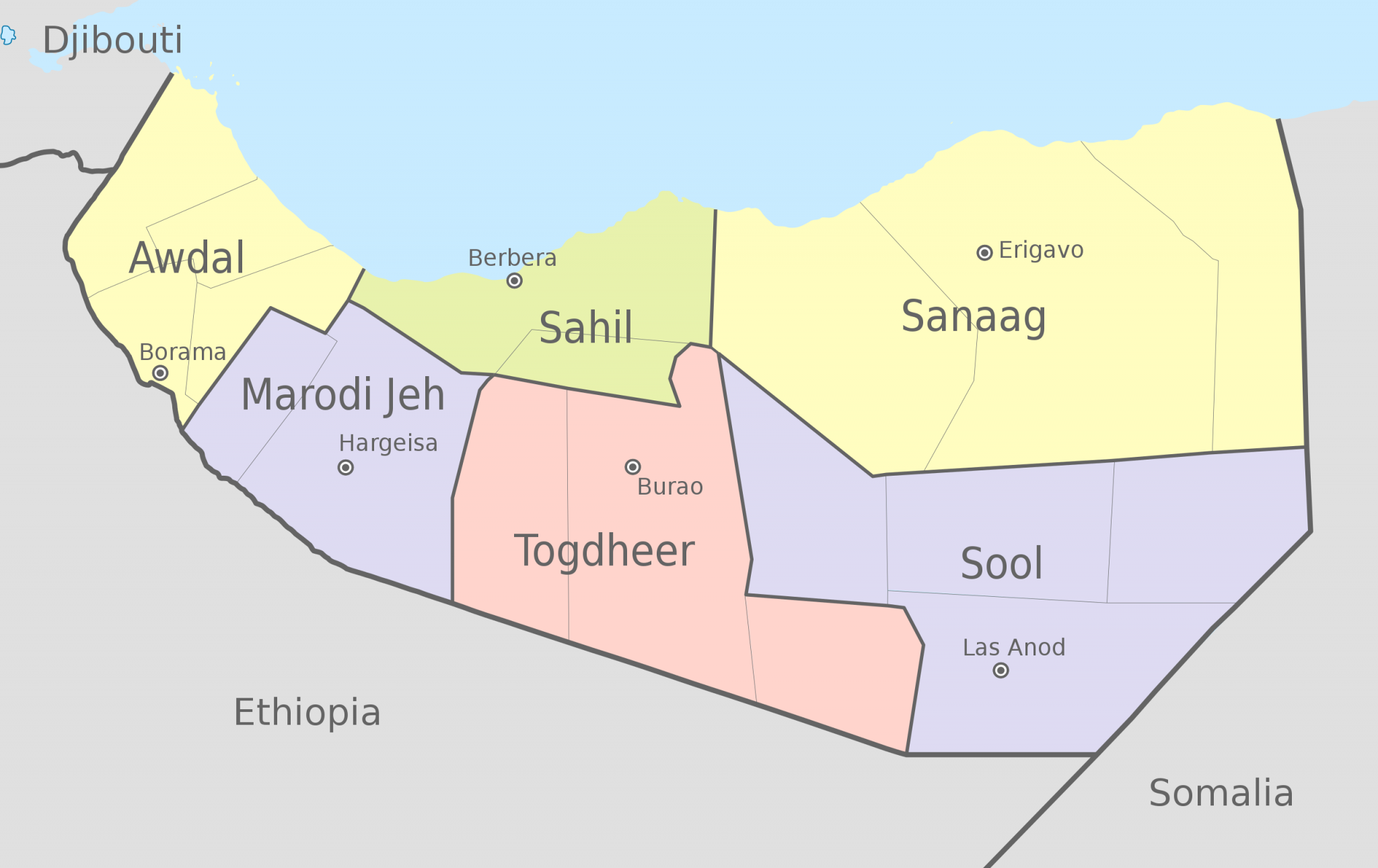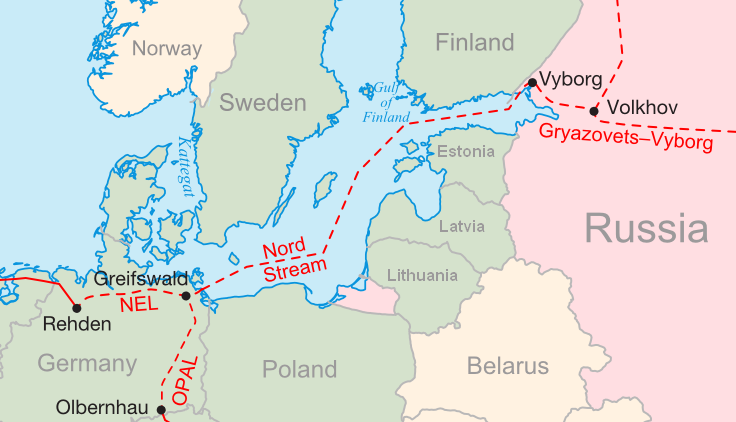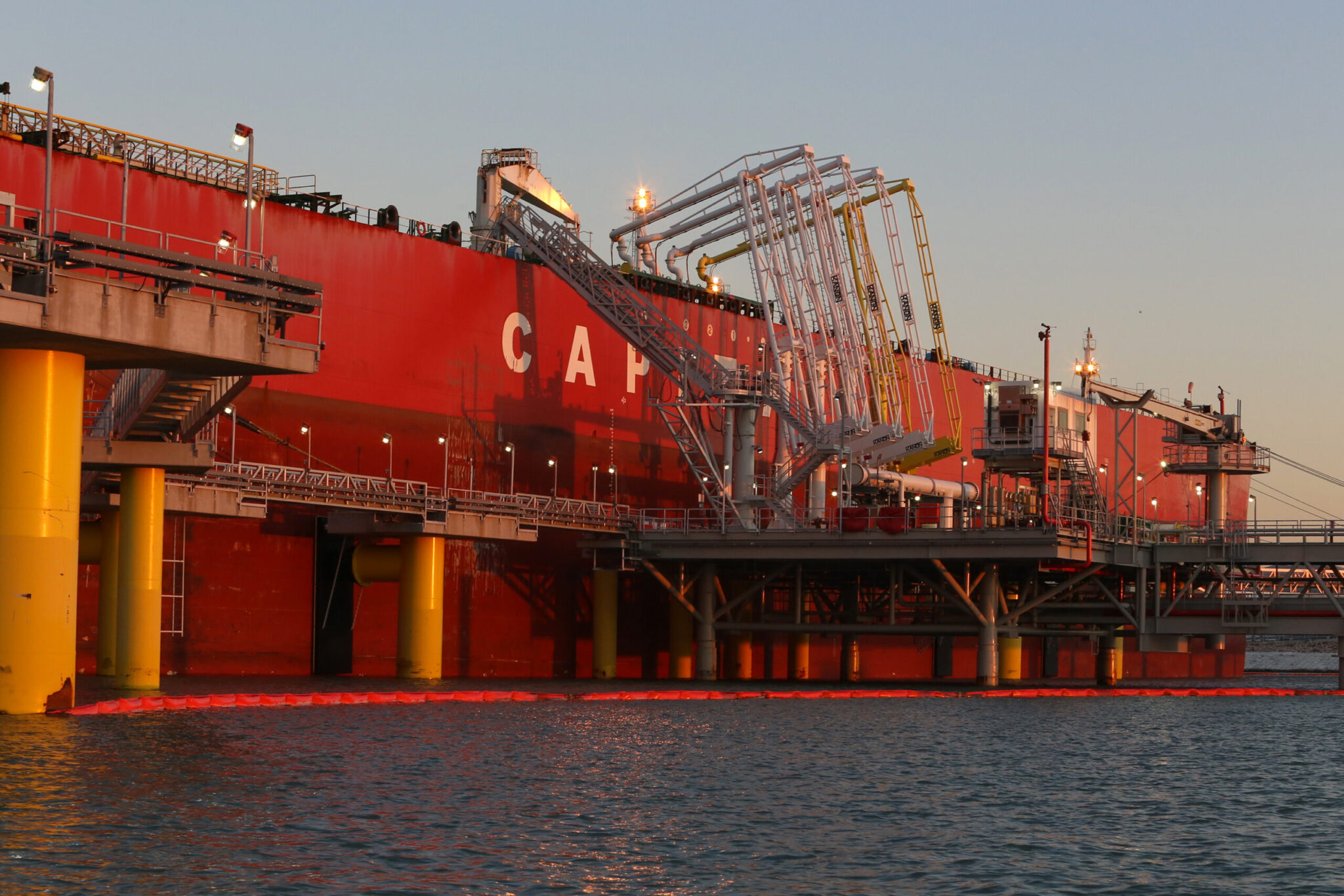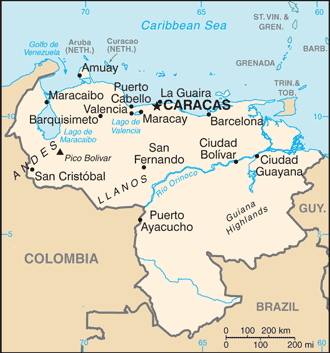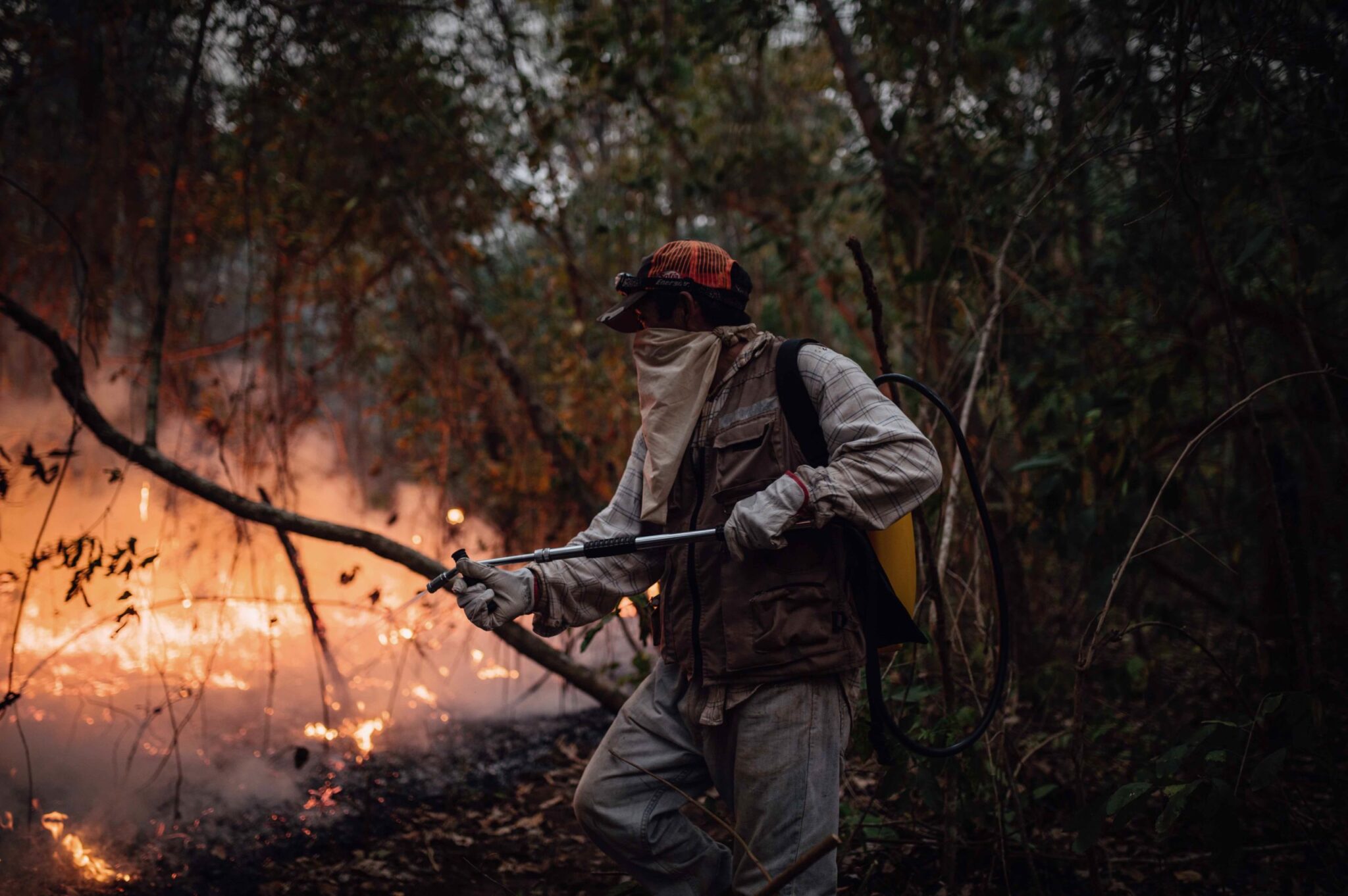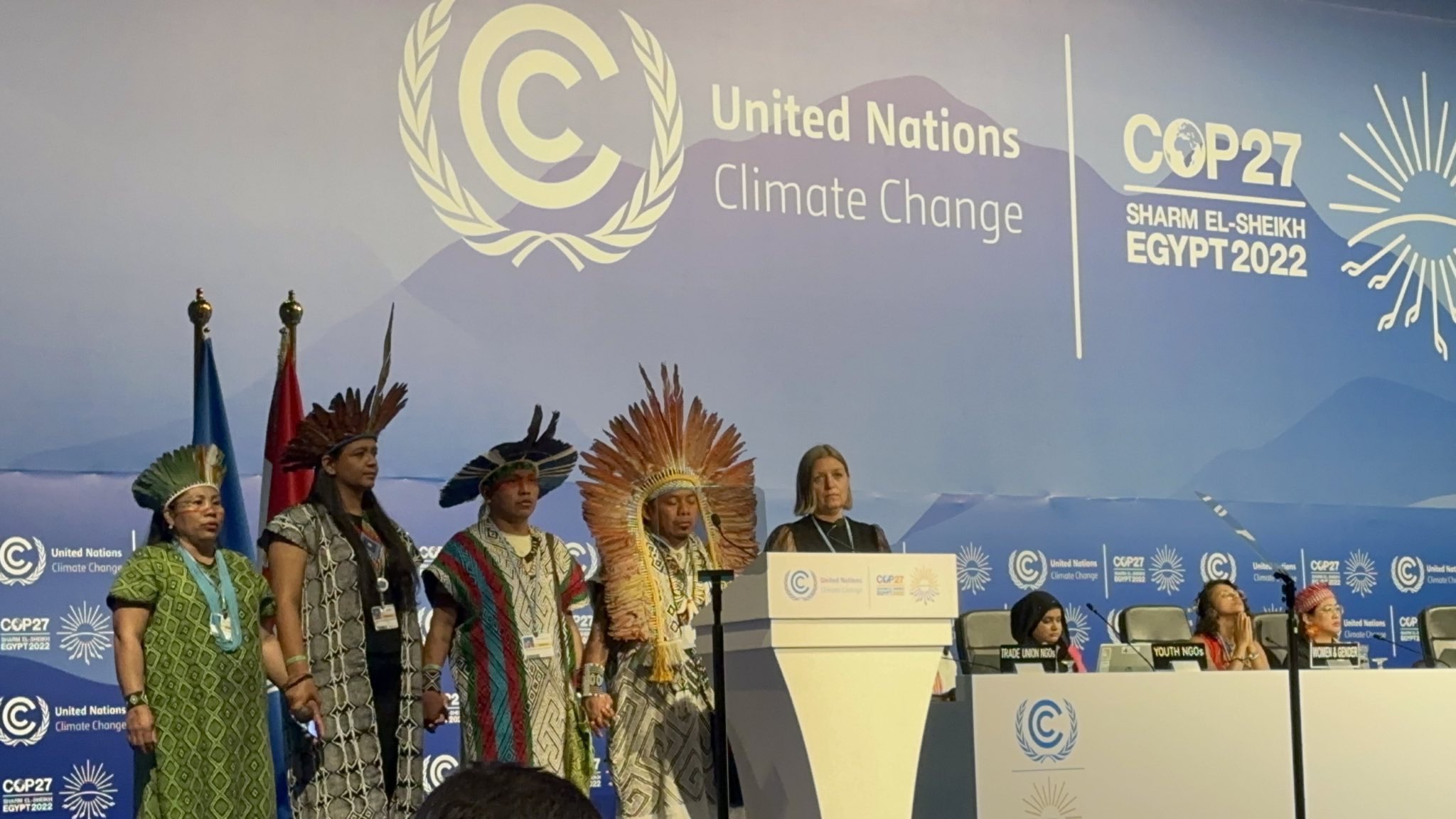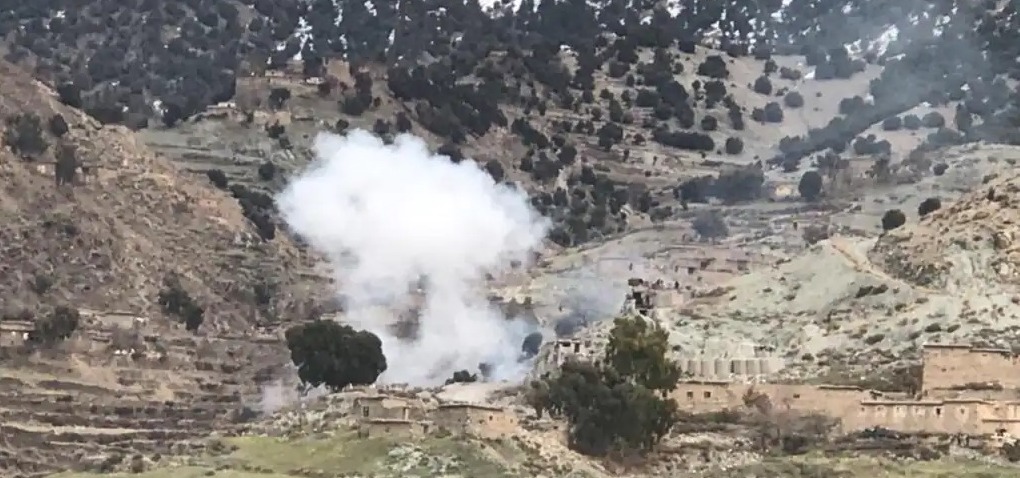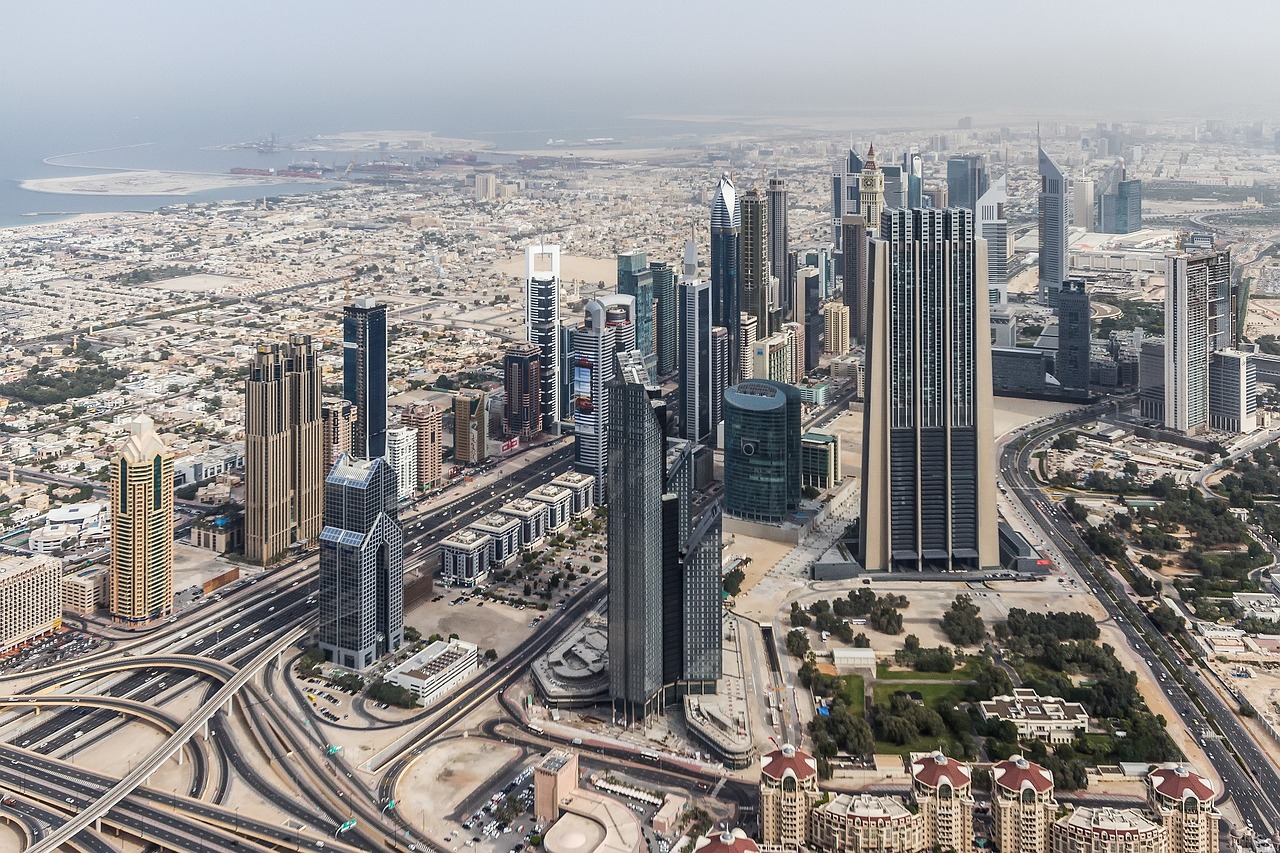
‘Repressive petro-state’ UAE to host climate summit
Amnesty International joined with over 200 civil society organizations to call upon participating governments of the 28th Conference of the Parties (COP28) to address the human rights record and climate policies of the United Arab Emirates. The COP, the annual conference of governments from around the world to discuss climate policy, is to be held in the UAE in December—convened by Sultan al-Jaber, CEO of the Abu Dhabi National Oil Company (ADNOC). The open letter states: “We support the concerns expressed by climate justice movements that allowing COP28 to be held by the rulers of a repressive petrostate, and overseen by an oil executive, represents a blatant conflict of interest, and threatens the legitimacy of the whole process.” (WildPixar via Jurist)



